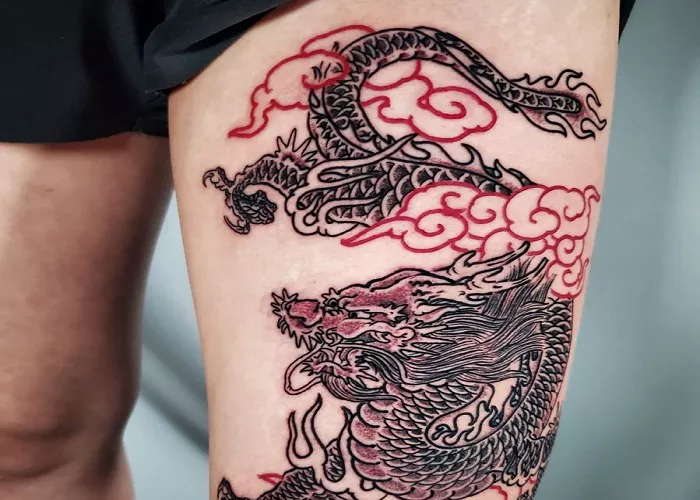Pete Hegseth, the Fox News host nominated by Donald Trump to lead the Department of Defense, is facing scrutiny over a tattoo that some argue could derail his confirmation. The tattoo in question, which reads “Deus Vult” (Latin for “God Wills It”), is stirring debate, with some interpreting it as a “Christian motto,” while others view it as a troubling symbol with ties to white nationalist ideologies.
The phrase “Deus Vult” has historical significance, originating as a rallying cry during the medieval Crusades. Its association with Christian warriors has given it a place in Christian iconography. However, in recent years, it has been appropriated by certain far-right extremist groups, making its display controversial.
Hegseth, an Army National Guard veteran, has downplayed the symbolism of the tattoo, asserting that it is a reference to the title of his 2020 book American Crusade: Our Fight To Stay Free. In an interview with The Independent, Hegseth stated that the tattoo represents his belief in the fight to preserve freedom, and has no connection to extremist ideology.
Despite Hegseth’s defense, the tattoo has drawn attention from various quarters. The Associated Press reported that the tattoo had previously been flagged by a fellow National Guard member, who raised concerns about its potential extremist associations. This report has led to heated debate, with some defending Hegseth as a victim of “anti-Christian bigotry,” while others argue that the tattoo should disqualify him from consideration for the role of Secretary of Defense.
Vice President-elect JD Vance voiced his support for Hegseth, calling the criticism of the tattoo an attack on Christianity. On the other hand, Olivia Troye, a former White House Homeland Security and counter-terrorism adviser, argued that the tattoo is a symbol commonly used by white nationalists and should be considered disqualifying.
Hegseth has also faced criticism for his previous statements regarding military extremism. He downplayed the involvement of military personnel in the January 6th Capitol attack and has criticized the Pentagon’s efforts to address extremism within the ranks. Additionally, Hegseth has been an outspoken supporter of military members accused of war crimes and has criticized the military’s justice system.
The controversy surrounding Hegseth’s tattoos — including a Jerusalem cross on his chest — has raised questions about his alignment with certain far-right symbols. The Jerusalem cross, while historically a Christian symbol, has also been adopted by some white nationalist groups as a symbol of the “fight for Western civilization.”
Despite the criticism, Hegseth’s supporters, including Trump, have emphasized his extensive military experience and advocacy for veterans. Trump, in a statement, praised Hegseth as a “Warrior for the Troops” and a “true believer in America First,” suggesting that his leadership would strengthen the military.
As the nomination moves forward, the Senate will likely face intense scrutiny regarding Hegseth’s associations and the significance of his tattoos. His confirmation as Secretary of Defense will depend not only on his qualifications but also on how his tattoos and past statements are perceived by lawmakers.
Related topics:

